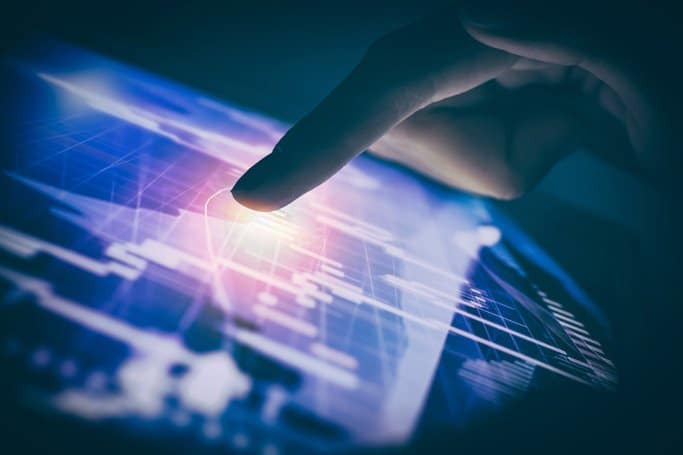New meter regulations have just been published, giving high hope to those who believe in the future of digital utilities. New investments in the region of SEK 2-3,000 per meter are required in order to implement the meter changes. The big question is, will the meter change itself solve the needs of the digital transition? In this article, we look at some of the experiences in Norway that might be applied in the up-coming implementations by the Swedish utility companies.
In recent years, a high volume of meters has been changed in Norway – from old manually read analogue meters to modern digital meters. The new Norwegian regulations set out requirements for a large set of functionalities. Control, configuration and data collection are important building blocks for modern digital grid operations. Early in the meter rollout, almost all of the Norwegian utility companies focused on meter specifications and rollout processes, but it soon became clear that new investments had to be made to cope with data volume and to take advantage of the data sets received from the meters. The design and implementation of the Norwegian datahub (Elhub) was also paramount in understanding the need for modern IT systems. Focus therefore shifted to value creation – to implementing new IT processes with optimal use of meter data.

Almost all the utility companies in Norway launched IT projects focusing on the utilisation of meter data before rollout was commenced. Not only did the IT systems increase the reliability of the rollout process. They also gave the utility companies increased value from the installation of the very first digital meter. These IT projects were a big leap on projects that improved key processes, which also increased the motivation for the utility companies and their staff as a whole. Simply put – more staff were interested in the meter! And what did they get? With proper IT systems in place, the meters are no longer simply a means for producing more accurate invoices. They become a key tool in grid operations and planning. Modern analytics are used to calculate capacity challenges, grid maintenance has been optimised (fewer and more precise field work), better understanding of the low-voltage power grid has been achieved, especially when introducing high volume of EVs and micro production – and last, but not least, enhanced dialogue with the end customer on the quality of the grid has become a priority.
Some utility companies might think that this is something that is ‘too big for us’ and believe that only large utility companies have the capacity to set up IT systems offering this kind of functionality. Experience from Norway says otherwise, and this is based on two areas – cooperation and sourcing strategy. Most of the small utility companies in Norway have entered into partnerships on IT, jointly buying, maintaining and operating their systems. The way this is typically done is by outsourcing software and services. This SaaS (Software as a Service), often supplemented by outsourcing the Smart Meter Operations services, has helped the utility companies maintain focus on their main task – operating and planning the grid network for the benefit of society. Not surprisingly, the most successful companies have focused on grid processes and value creation while leaving suppliers to take care of the ‘data engine’.
With new functional meter requirements and upcoming datahub, it is imperative for the Swedish utility companies to establish proper IT systems and IT processes before they launch their meter installation projects. The alternative would be to delay the important benefits provided by the meter data for many years. A moderate investment in IT systems would ensure long-term benefits for all the utility companies and provide end customers with faster value and an enhanced understanding of invoice cost increases.
We wish the Swedish utility companies good luck in implementing the exciting new opportunities gained from the new meters.



